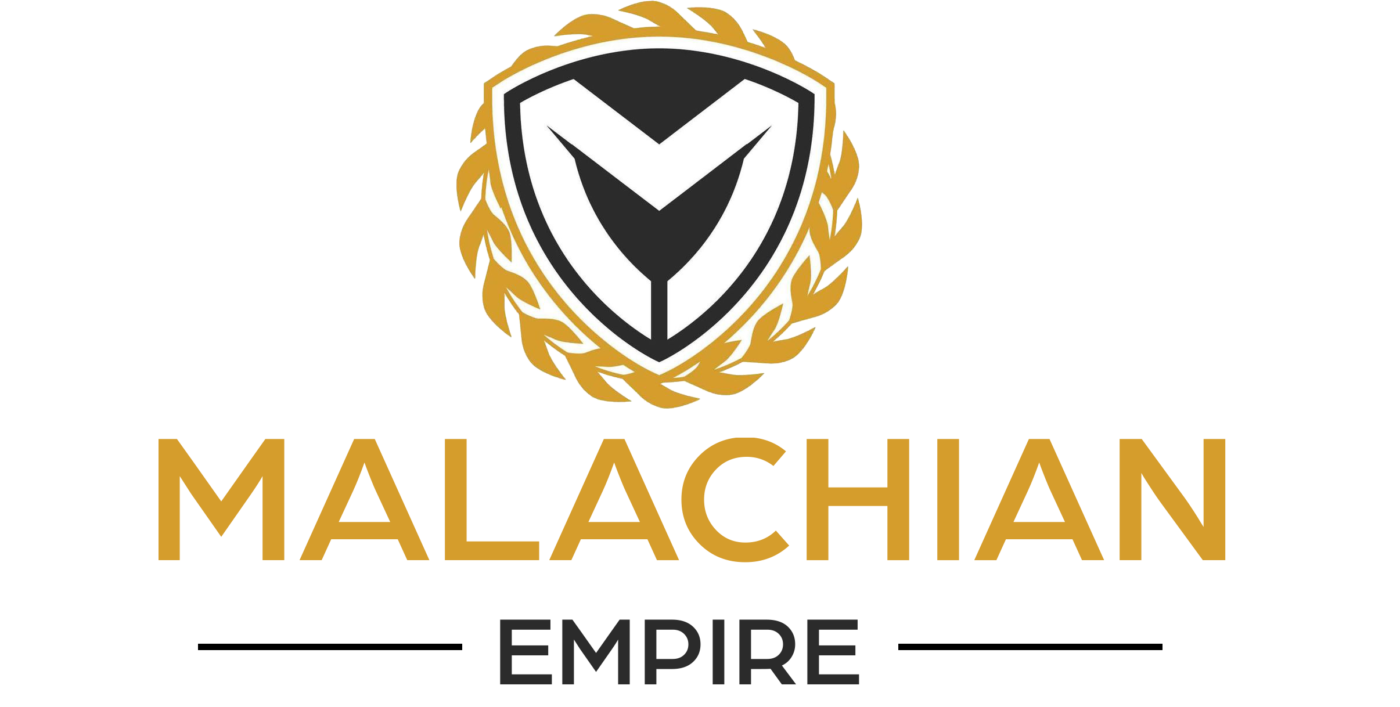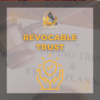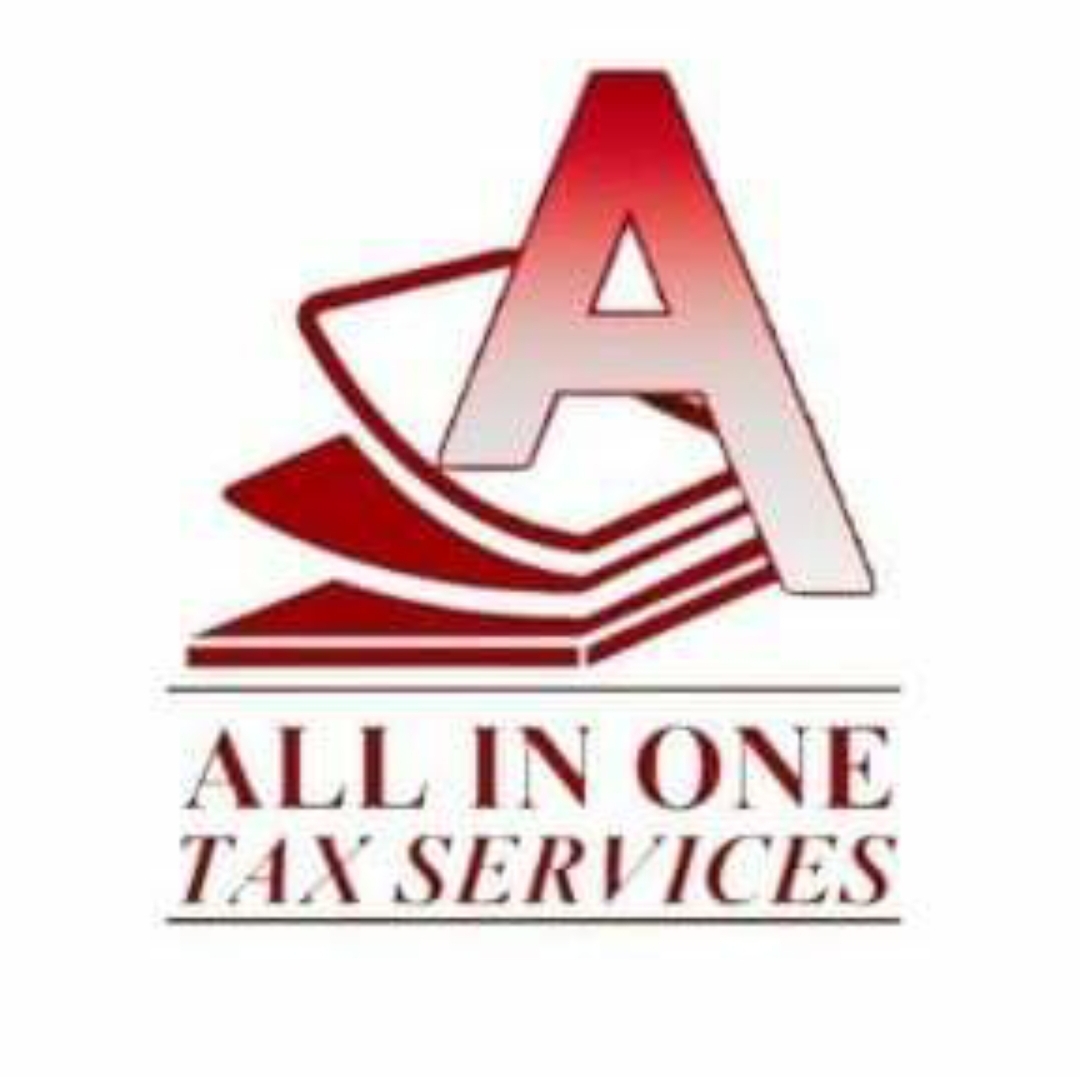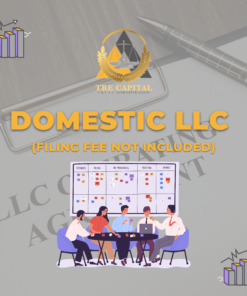TRE CAPITAL BUSINESS JUMPSTART PACKAGE 2
$1,000.00 Original price was: $1,000.00.$750.00Current price is: $750.00.
This package includes:
Foreign EIN
LLC Formation
DBA (Optional add on)
(Includes state filing fee up to $150)
What is a EIN?
The Employer Identification Number, also known as the Federal
Employer Identification Number or the Federal Tax Identification Number,
is a unique nine-digit number assigned by the Internal Revenue Service
to business entities operating in the United States for the purposes of
identification.
What is a LLC?
A limited liability company (LLC) is a business structure in the U.S.
that protects its owners from personal responsibility for its debts or
liabilities. Limited liability
companies are hybrid entities that combine the characteristics of a
corporation with those of a partnership or sole proprietorship.
While the limited liability feature is similar to that of a corporation,
the availability of flow-through taxation to the members of an LLC is a
feature of a partnership rather than an LLC.
Limited liability companies are permitted under state statutes, and the
regulations governing them vary from state to state. LLC owners are
generally called members.
Many states don’t restrict ownership, meaning anyone can be a member
including individuals, corporations, foreigners, foreign entities, and
even other LLCs. Some entities, though, cannot form LLCs, including
banks and insurance companies.
An LLC is a formal business arrangement that requires articles of organization
to be filed with the state. An LLC is easier to set up than a
corporation and provides more flexibility and protection for its
investors.
LLCs may elect not to pay federal taxes directly. Instead, their profits
and losses are reported on the personal tax returns of the owners. The
LLC may choose a different classification, such as a corporation. If fraud is detected or if a company fails to meet its legal and
reporting requirements, creditors may be able to go after the members.
What is a DBA?
DBA stands for “doing business as.” It’s also referred to as your business’s assumed, trade or fictitious name.
Filing for a DBA allows you to conduct business under a name other than your own; your DBA is different from your name as the business owner, or your business’s legal, registered name. That’s because when you form a business, the legal name of the business defaults to the name of the person or entity that owns the business. That is, unless you register your business as a certain legal entity (more on that below), or if you rename and register your business with a DBA.
So, if Laura Smith wants to start a tech repair business, her business will operate under her own name, unless Laura chooses to register her DBA name as “Laura’s Tech Repair Shop.” After registering her DBA, Laura’s full name isn’t legally attached to her business’s name.
Also keep in mind that, depending on where you live, you’ll need to comply with your state DBA requirements.
Be the first to review “TRE CAPITAL BUSINESS JUMPSTART PACKAGE 2” Cancel reply
Shipping Policy
https://app.termly.io/document/shipping-policy/20db7a2f-4869-4ff4-abfc-757e5b844999
Refund Policy
https://app.termly.io/document/return-policy/4e7319bb-6e18-4cd3-8c5b-edf5fb612d73
Cancellation / Return / Exchange Policy
https://app.termly.io/document/return-policy/4e7319bb-6e18-4cd3-8c5b-edf5fb612d73
General Inquiries
There are no inquiries yet.
Related products
Uncategorized
Business
Business















Reviews
There are no reviews yet.